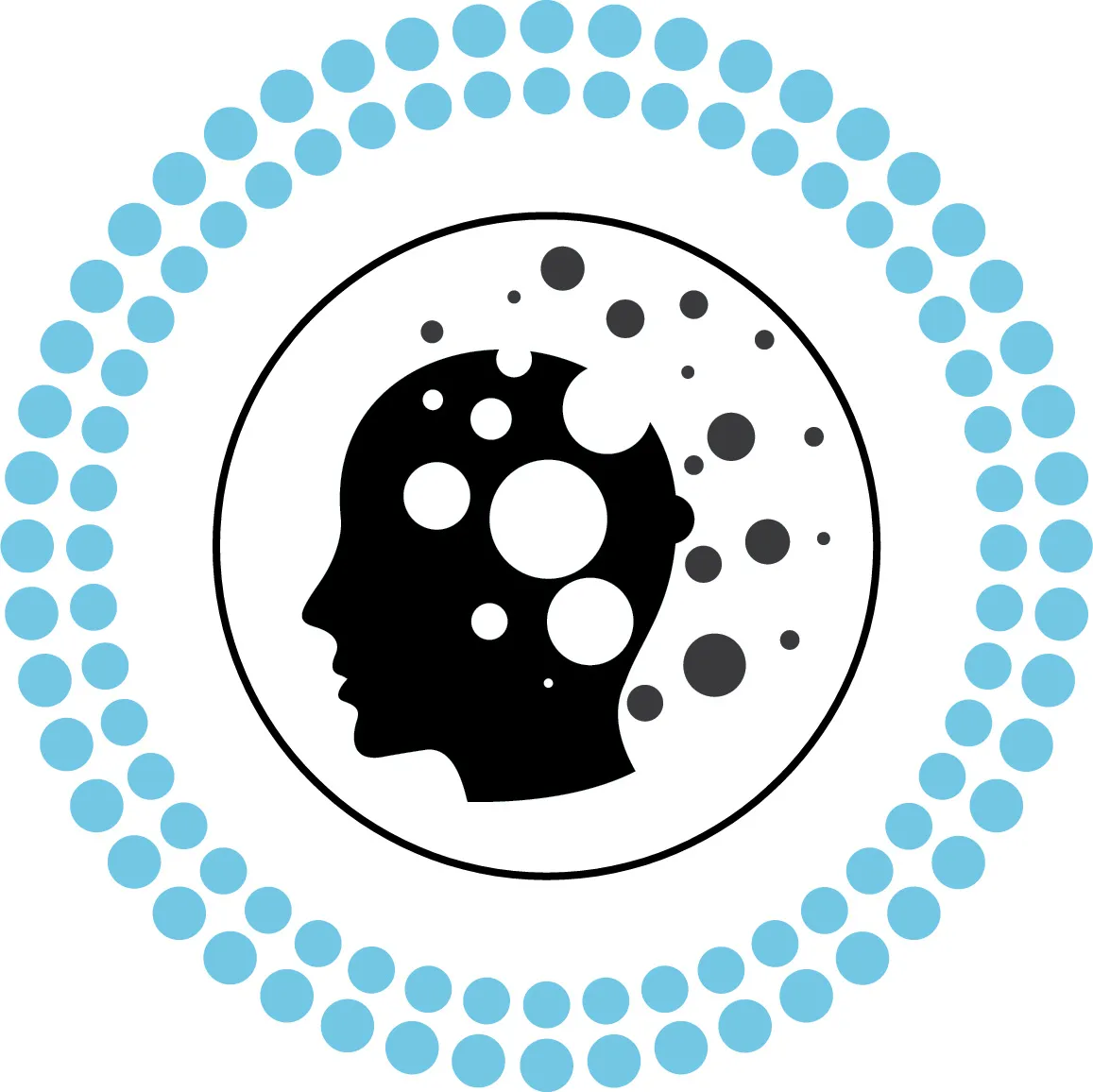Introduction
Adolescence is a time of great change and development, both physically and emotionally. The teenage years are often marked by a sense of uncertainty and insecurity, as young people navigate the complex social landscape of their peers and try to find their place in the world. This is a time when many teens are at risk of developing depression, and it is a concern that is further compounded by the rise of social media. In this article, we will explore the complexities of teenage depression and social media from the perspective of Carl Jung, one of the most influential and respected psychologists of the 20th century.
The Shadow and Social Media
Jung believed that the human psyche is made up of a number of different components, including the conscious ego, the personal unconscious, and the collective unconscious. One of the most important of these is the “shadow,” which represents the dark and repressed aspects of the self. Jung believed that the shadow is often projected onto others, and this can be seen clearly in the way that teens use social media. They often project their insecurities and negative feelings onto others, and this can lead to feelings of depression and isolation.
The Persona and Online Identity
Another important aspect of the psyche that Jung identified is the “persona,” which represents the image that we present to the world. In the age of social media, teens are under immense pressure to present a perfect image of themselves online. They are constantly bombarded with images of other people’s perfect lives, and this can lead to feelings of inadequacy and low self-esteem. Jung believed that the persona can become a prison for the individual, and this is especially true for teens who are struggling to find their own identity in the midst of all the noise and pressure of social media.
The Anima and Romantic Relationships
Jung believed that the psyche is divided into masculine and feminine components, and that the masculine aspect is represented by the “animus.” For teenage girls, this can manifest as a need for romantic relationships and validation, and this is often intensified by the way that social media represents relationships. They are constantly bombarded with images of the perfect relationship, and this can lead to feelings of inadequacy and disappointment when their own relationships don’t measure up. Furthermore, social media can also contribute to the development of unrealistic expectations about relationships, leading to disappointment and further feelings of insecurity. It’s important for teenage girls to be aware of the potential negative effects of social media on their romantic relationships and to seek support if necessary.
Conclusion
The teenage years are a complex and challenging time, and the rise of social media has only added to the complexity. Carl Jung’s theories offer a valuable perspective on the ways in which social media can impact the emotional well-being of teens. By understanding the shadow, persona, and anima, we can gain a deeper understanding of the ways in which social media can contribute to feelings of depression and isolation in teens. It’s important for parents, educators, and mental health professionals to be aware of the potential negative effects of social media and to offer support to teens as they navigate this difficult time in their lives.




